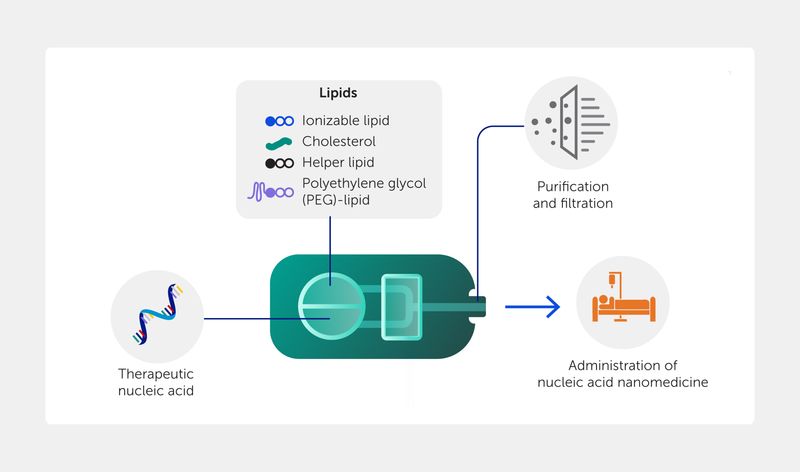
Frontiers in Science Lead Article
Published on 26 Jun 2025
NANOSPRESSO: toward personalized, locally produced nucleic acid nanomedicines
- 105,828 views
- 12 citations
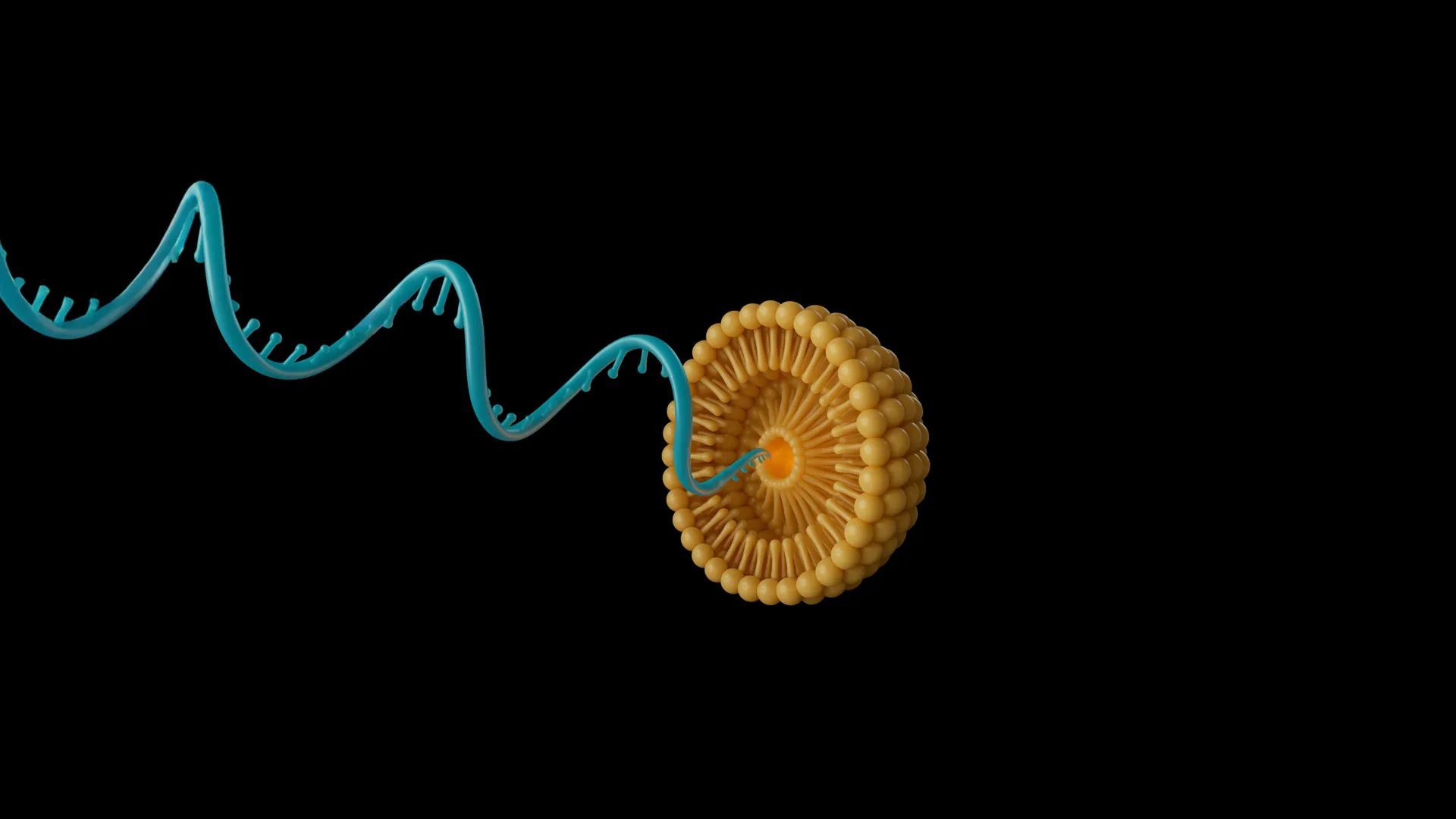

Frontiers in Science Lead Article
Published on 26 Jun 2025
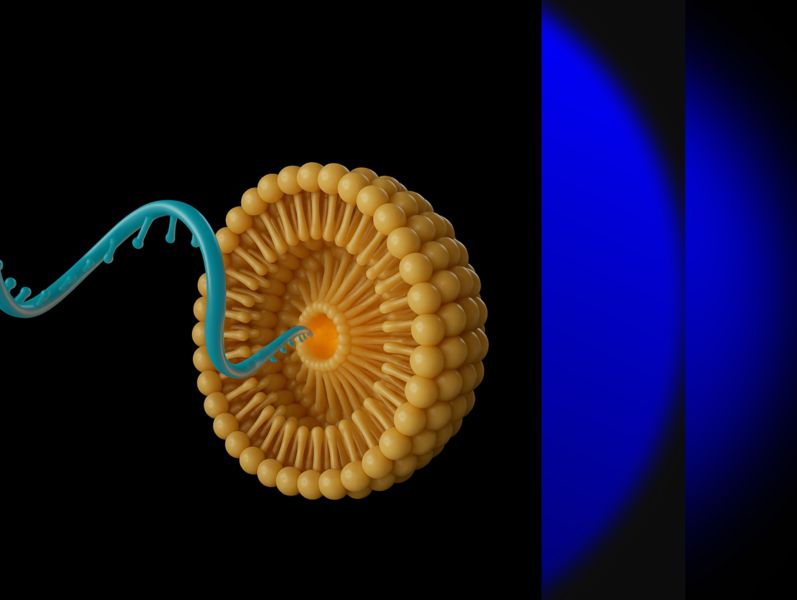
Experts delved into personalized nucleic acid nanomedicines at a virtual Frontiers Forum Deep Dive session on 9 July 2025.
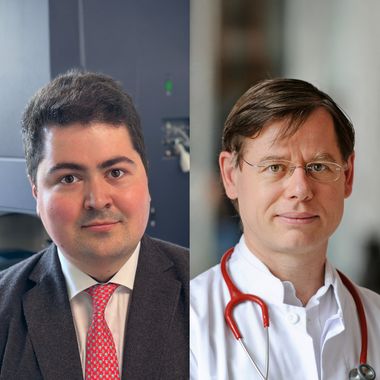
Transforming precision medicine into a patient-centered, equitable practice depends on replacing industrial drug pipelines with collaborative care ecosystems supported by models like NANOSPRESSO, argue Dr Daniel Petersheim and Prof Christoph Klein, Ludwig-Maximilians-Universität München, Germany

To successfully deploy personalized RNA therapies in hospitals, we must ensure sterility, compliance with good manufacturing practice, and suitable regulatory and legal frameworks, states Prof Horacio Cabral, The University of Tokyo, Japan.
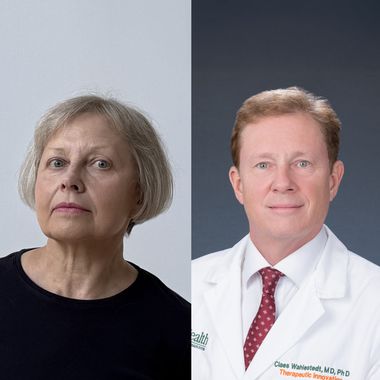
NANOSPRESSO is both technically feasible and poised to address regulatory hurdles via exemptions that let hospital pharmacies compound personalized therapies for individuals, assert Dr Olga Khorkova and Prof Claes Wahlestedt, University of Miami, USA.

The recent World Health Assembly Resolution on Rare Diseases calls for equitable global access to affordable, innovative treatments—a need NANOSPRESSO could help meet, assert Alexandra Heumber Perry and Debra Bellon, Rare Diseases International, Switzerland.
Nucleic acid therapeutics could offer high-precision treatments targeting the protein anomalies underlying many conditions, with applications spanning noncommunicable diseases, such as cancer and rare “orphan” diseases, and vaccines with high adaptability, as evidenced by the mRNA vaccine responses to COVID-19 variants.
Despite their unique adaptability and high precision for personalized care, nucleic acid therapeutics have been held back by pharmaceutical challenges, commercial disincentives in rare orphan diseases, the approval and reimbursement landscape, and their high costs.
Nucleic acid therapeutics (involving essentially the same molecule, differing only in length and sequence) are uniquely qualified for platform-based personalized production in local hospital pharmacies, echoing the bespoke approach needed for orphan diseases.
Novel nanomedicine platforms that encapsulate nucleic acids within lipid nanoparticles deliver these therapeutics to their intracellular sites of action and are suitable for small-scale manufacturing, mirroring the versatility required to address the myriad presentations of orphan diseases.
The NANOSPRESSO model fuses nucleic acid therapeutics and nanomedicine delivery platforms to offer a flexible new paradigm of rapid, personalized therapeutics produced at the point of care—democratizing access to these innovative therapies, particularly for orphan diseases and low-income regions.
Interdisciplinary and intersectoral collaboration between scientists, engineers, entrepreneurs, healthcare providers, policymakers, regulators, payers, and patients is pivotal to realizing the full potential of these innovative therapies while ensuring their financial sustainability and accessibility.
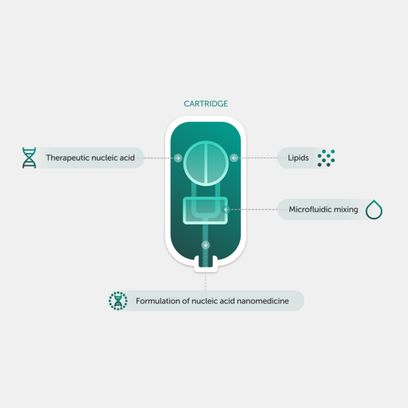
A summary of the lead article in a Q&A format, with infographics and a video.
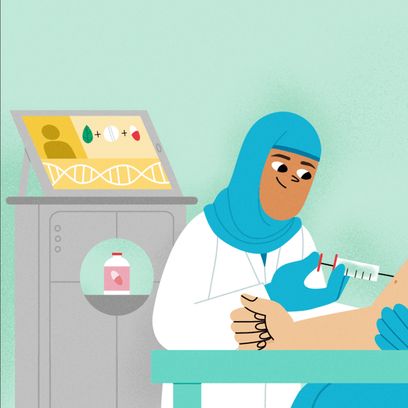
A version of the lead article written for—and peer reviewed by—kids aged 8-15 years.
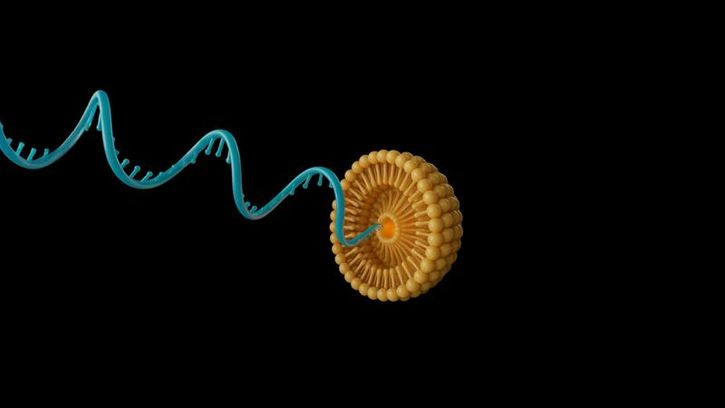
Rare diseases affect millions worldwide, yet the one-size-fits-all model of drug development leaves patients with few treatment options. Now a European research project called NANOSPRESSO aims to tip the balance in patients’ favor by boosting access to low-cost bespoke gene and RNA therapies.

Rare diseases affect more than 300 million people worldwide - 36 million in the EU alone - but they are often overlooked due to low patient numbers and the high costs associated with drug development.
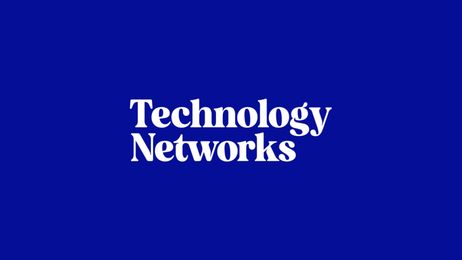
The new device aims to democratize precision medicine, expanding the ability of low-resource hospitals to treat rare diseases.
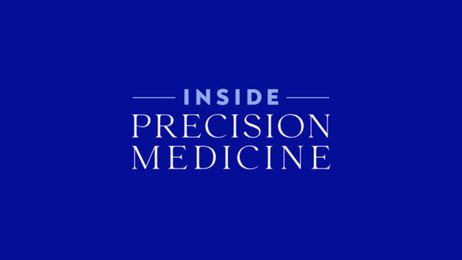
In a not-so-distant future, pharmacists at a local hospital may be able to manufacture and deliver nanomedicines tailored to the specific needs of patients with a rare disease diagnosis.
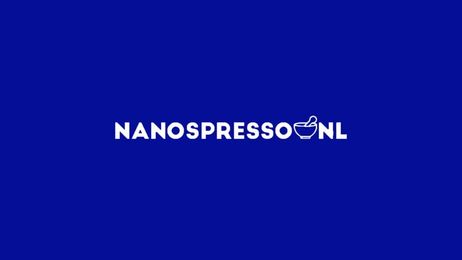
The NANOSPRESSO concept is set to revolutionize how we approach the treatment of rare diseases.
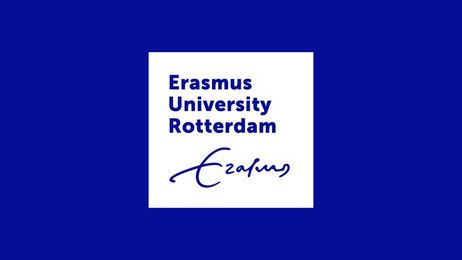
A new study, co-authored by Maarten IJzermanOpens external of Erasmus School of Health Policy & Management (ESHPM), introduces an innovative approach to bringing gene therapies for rare diseases closer to patients.
Follow the science, follow Frontiers in Science